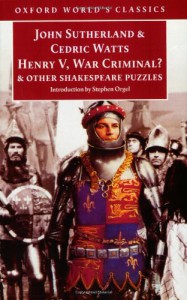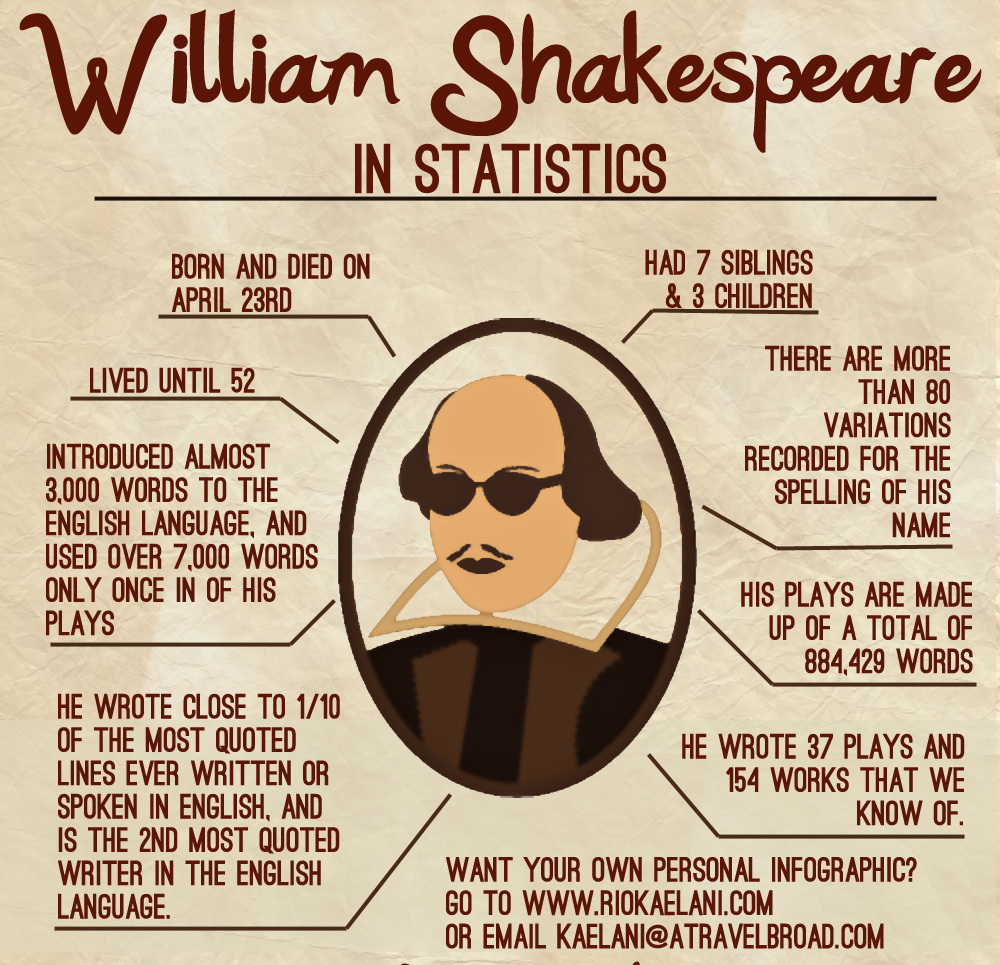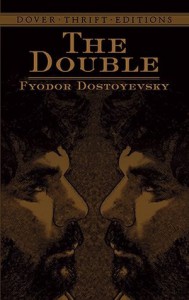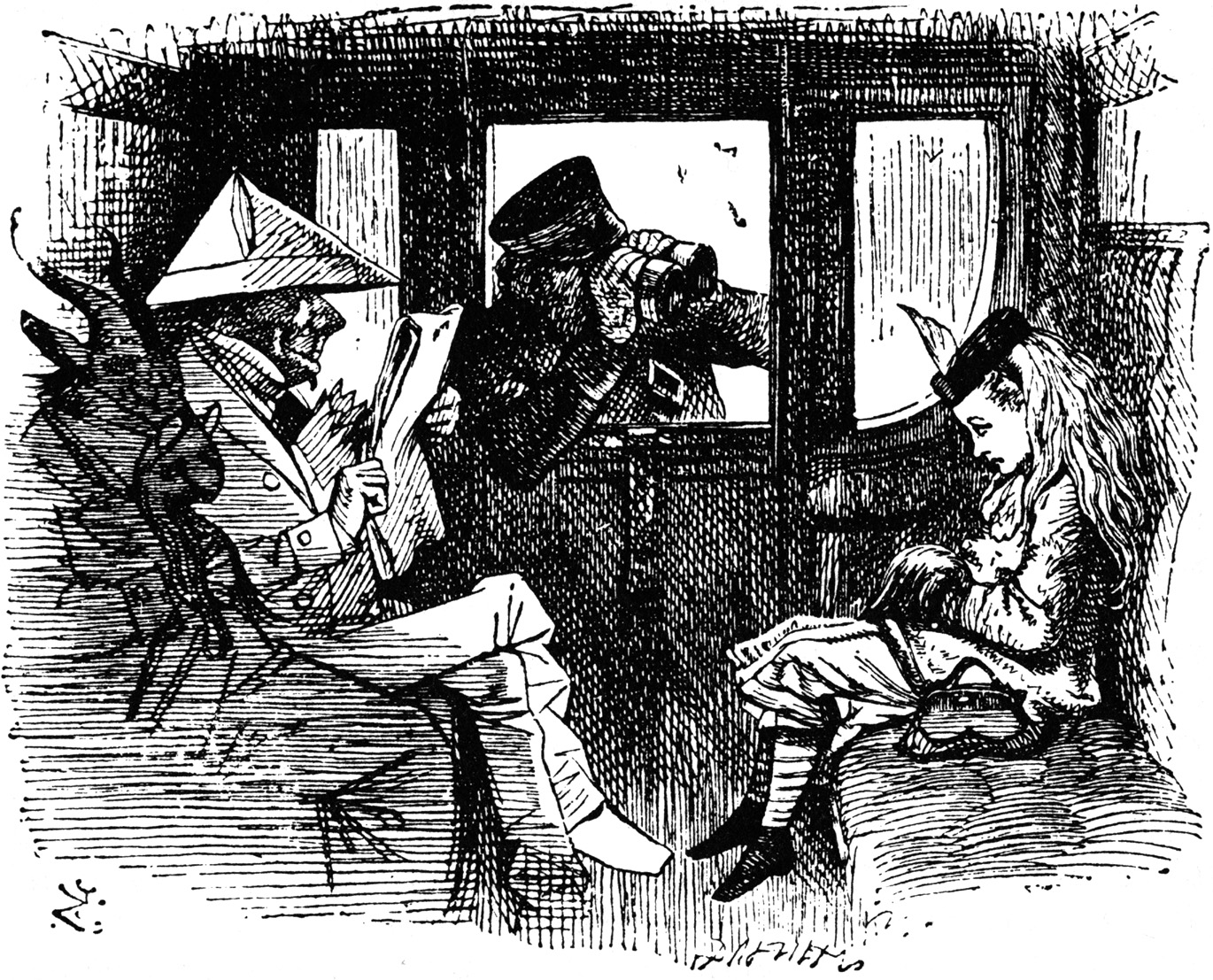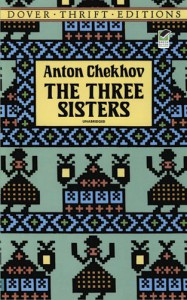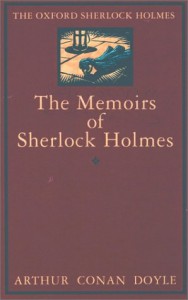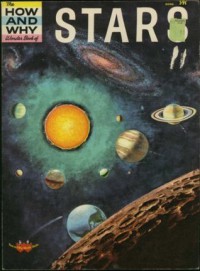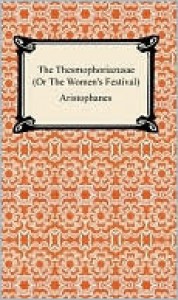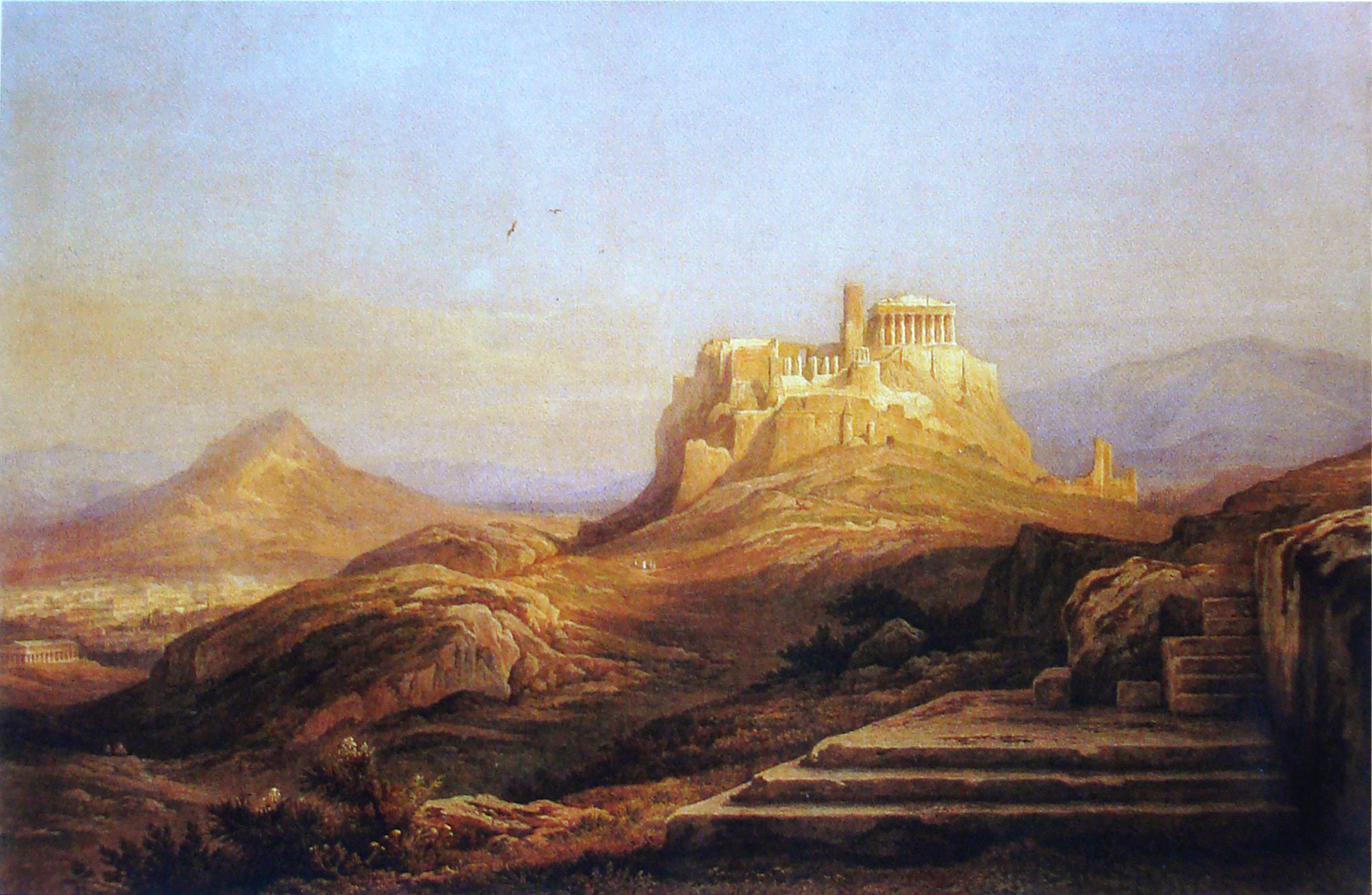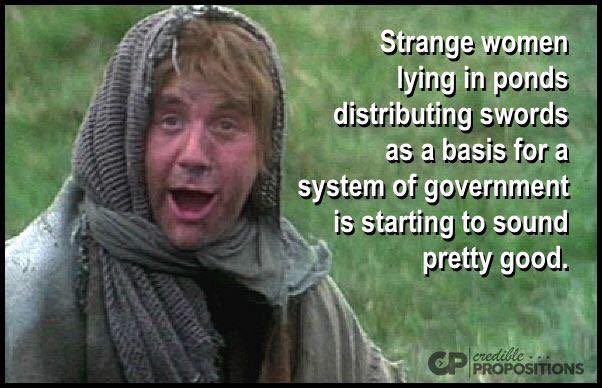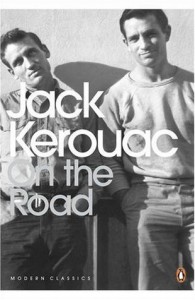
One of the main reasons that I decided to read this book, other than the fact that it happens to be a modern classic, is because I was reading an article in a Christian magazine that was complaining about how this book, and the motor car in general, is responsible for the promiscuous, permissive, and licentious society in which we now live. Mind you, this particular magazine pretty much made me want to puke, especially when you came across an article by some guy (and it was usually a guy, never a girl) who carried on about how bad he was, and he got so bad that he landed up in a huge amount of trouble, but then he found Christ and all of a sudden his life was turned around. Okay, some might be asking why, if I happen to be a Christian, am I trashing this particular magazine – well, because it happens to be a complete load of rubbish.
Anyway, enough of the reason as to why I ended up reading the book (and the other reason was because I wandered into a bookshop in Paris looking for a copy of Hemmingway's A Moveable Feast, and upon discovering that there wasn't a copy of that particular book, or in fact any book by Hemmingway, I decided to get this one instead, particularly since upon seeing it I was reminded of that incredibly annoying article that I read) and onto the book itself. Well, as it turned out the person that wrote the article probably didn't read the book at all because firstly it isn't about a single roadtrip, but about four, and also the main character (which happens to be Kerouac) doesn't own a car but rather relies either on buses, on his friends, or simply hitchhikes to get form point A to point B.
However, what this book does happen to be is a road trip – in fact it happens to be the original road trip. Sure, Willy Nelson might have written a song about a road trip, however the theory is that if it wasn't for this book the multitude of road trip movies (such as Thelma and Louise, Fear and Loathing in Las Vegas, and of course Easy Rider) would never have come about. Mind you, I personally believe that is rubbish namely because if Kerouac didn't write this book then somebody else would have come along and written something similar, it is just that Kerouac managed to beat all of the other authors to the punch with his classic story of how he travelled from New York to Los Angeles and back again, from New York to San Francisco, and from New York to Mexico City where he landed up with the Mexican version of Dehli Belly, and was deserted by his friend (though this particular friend didn't seem to be the most honourable of people, especially since he seemed to have multiple wives and girlfriends).
On the Road is apparently the book that thrust the Beat Generation into the lime light, though interestingly enough the Beat actually refers to a group of writers as opposed to a generation as a whole (such as the Baby Boomers, or my generation, that being Generation X). I also suspect that the Lost Generation, that is the Generation of Hemmingway and his cohorts, was also a literary generation as opposed to a generation as whole. However it is interesting how people of an older Generation do tend to have an influence on those of a younger generation – Kerouac was influenced by Hemmingway, who in turn had an influence on the Baby Boomers despite the fact that he was of an older generation. Mind you, when I was young it was the Baby Boomers that had an influence on me, though more the celebrities than my parents. However, we should also remember that writers such as Lewis and Tolkien were from the 'Lost' generation as opposed to the 'Beat' or even the Baby Boomers (of which artists such as David Bowie were members).
One thing that stands out from this book happens to be how it seems that it was the beginning of the America that we now know, that is the America of the automobile and of the sprawling suburbs. In a way what the car did, or more specifically the cheap car that could be bought by the average punter (though it sounds as if Kerouac and his friends bought the 1940s equivalent of the old bomb and used it to travel about America). The interesting thing is that this is an America before the interstate highways, an America that is still developing and trying to find its feet and its identity. Sure, it had just emerged victorious from the Second World War, and had also emerged as the superpower after Britain was effectively bankrupted (and also saw its colonies, bit by bit, claiming independence), but it still hadn't really developed the identity that it eventually developed by the sixties and the seventies. However, what it also did was effectively became a car culture, which is a culture of individualism – having a car meant one have freedom, freedom to do, and go, wherever one wants to go, however there was a problem, namely that this place never seemed to exist – Kerouac travels from New York to California a number of times, spends his days in Denver, which seems to be the centre of the United States, and then frees himself further by going South of the Border and dreaming of going even further beyond – having the ultimate freedom to travel as far as the tip of South America.
However these dreams seem to be stunted – he ends up with Dehli Belly, and is deserted by his friend, Dean, a number of times. However it also seems that Dean seems to drift from woman to woman, from place to place, and from friend to friend, not having any real roots. We see the same with Kerouac as well, especially when he begins to settle down with the Mexican woman in Los Angeles, but then decides to dump her and return to New York. This is a new time, a time where people can pull out their roots and travel where-ever. Before then people rarely, if ever, travelled too far beyond their home. Yet, the interesting thing is that when one travels, when one pulls out their roots, it is very hard to put them back down again. I discovered that when I moved cities, that the roots that I pulled up had a lot of difficulty being planted again – sure, I have made new friends, but there are times and elements that I do not understand because I have not been around. There is a Website – Adelaide Remember When – that sits in my heart because I grew up in Adelaide, yet a similar website for Melbourne, Sydney, or even London and Paris, wouldn't have the same effect on me. Well, okay, London and Paris might be a little different, but I never grew up there so I don't have a personal connection with the past of any of those cities.
In a way what Kerouac is exploring, even if he it being intentional, which I suspect he isn't, is how we are beginning to become disconnected from place. Sure, he lived in New York, but in reality he come from abroad. However, what the car has done is that it has made it even easier from him to pull up his roots and to travel about. I have been on road trips myself, the longest going from Adelaide to Brisbane via Melbourne and Sydney, and back again. There is something liberating about letting go of life and jumping into a car and simply driving, even if one doesn't even have a destination in mind. In fact piling your friends into a car and going on a roadtrip is a bonding experience, as I have discovered on numerous trips to Melbourne and back again. However, things have even gone further with the advent of the commercial airline – now we can simply jump on a plane and simply anywhere we wish (though of course there are some restrictions, particularly when it comes to obtain a visa to enter certain countries, particularly if you happen to be from a country where the passport really has little, if no, power whatsoever).
Anyway, what better way to finish off this post than with a picture of a place where Kerouac seemed to finish off his journeys: Times Square.

The Real Hipsters
The funny thing is that after I had posted this review I suddenly realised that there was something that I forgot – the hipster. In a way it is really amusing reading about hipsters in a book written over fifty years ago. Well, that probably shouldn't be as odd as I think it to be namely because hipsters seem to be very retro in character to the point that retro is the new cool. Mind you, the hipsters of Kerouac’s generation weren't the retro lovers that the millenials are namely because the scene itself simply didn’t exist. In a way what the hipsters in Kerouac’s day were doing were setting the trends for the future – they were the members of the Beat Generation that laid the foundations for the sexual revolution and the era of flower power.
I have to admit that this whole retro hipster move is interesting in and of itself, and there are a lot of aspects about it that I really enjoy – the second hand clothes, in fact the second hand everything, which probably has a lot to do with them living in ridiculously overpriced innercity housing. However, it isn’t just the second-hand fascination that drives it, but also the coffee and craft beer craze and the smashed avocardos and eggs benedict (which is my breakfast indulgence of choice, though I can't stand avacado). Oh, there are sliders as well, but I think there was a time when you wouldn’t get anything like that on a breakfast menu, and people were happy with instant coffee (if you wanted good coffee you would get plunger coffee) – now you can buy your own coffee machine.
Yet this wasn’t the hipster movement of Kerouac’s age – they were bohemian, which is a sophisticated way of saying poor. Okay, not every poor person is bohemian since bohemians also tended to be artists, or wanted to be artists but never actually got a break. Even though Kerouac did get a break it wasn’t until at least ten years after he finished his book, and eventually died of alcohol poisoning pretty shortly after. However, the bohemian artist seemed to be driven by their art, but not only that, they also lived the poor lifestyle, as we encounter in this novel. Here Kerouac basically scabs lifts and when he runs out of money panhandles (otherwise known as begging) to get some more, even if only to get home. Mind you, it isn’t as if he is destitute, he still earns a stipend from the government for his military service, so it is enough for him to be able to live the artist’s lifestyle (which certainly isn’t the case today – if you try that you would be labelled with the term dole bludger and the like).
While Kerouac may not have introduced the hipster, or more precisely ‘Ned Kelly’ beard, there is one thing that this book has taught me – how to wear a tie and still look cool (not professional, cool):


 3
3
 1
1
